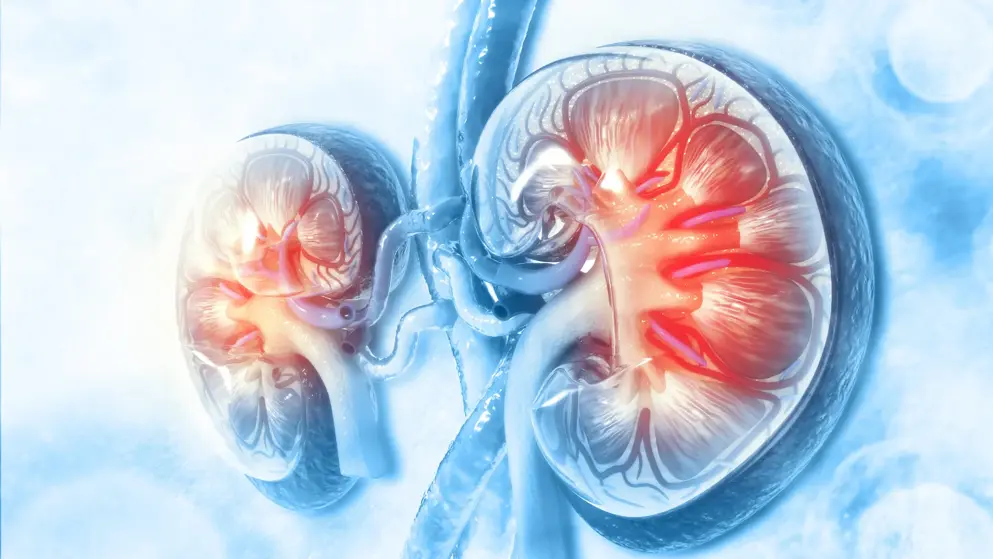Targeting the progression of chronic kidney disease
Targeting the progression of chronic kidney disease
Chronic kidney disease (CKD) is a devastating condition that is reaching epidemic levels owing to the increasing prevalence of diabetes mellitus, hypertension and obesity, as well as ageing of the population. Regardless of the underlying aetiology, CKD is slowly progressive and leads to irreversible nephron loss, end-stage renal disease and/or premature death. Factors that contribute to CKD progression include parenchymal cell loss, chronic inflammation, fibrosis and reduced regenerative capacity of the kidney. Current therapies have limited effectiveness and only delay disease progression, underscoring the need to develop novel therapeutic approaches to either stop or reverse progression. Preclinical studies have identified several approaches that reduce fibrosis in experimental models, including targeting cytokines, transcription factors, developmental and signalling pathways and epigenetic modulators, particularly microRNAs. Some of these nephroprotective strategies are now being tested in clinical trials. Lessons learned from the failure of clinical studies of transforming growth factor β1 (TGFβ1) blockade underscore the need for alternative approaches to CKD therapy, as strategies that target a single pathogenic process may result in unexpected negative effects on simultaneously occurring processes. Additional promising avenues include preventing tubular cell injury and anti-fibrotic therapies that target activated myofibroblasts, the main collagen-producing cells.
Read abstract on library site Access full article





